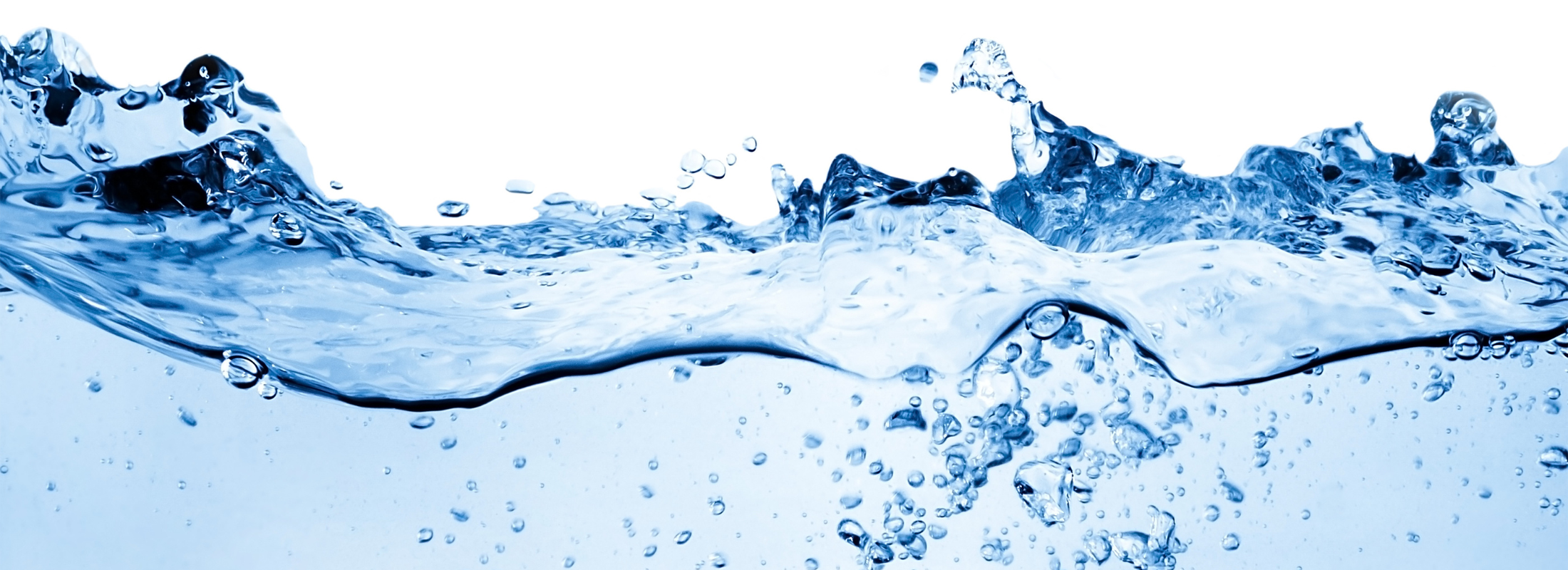
Table of Contents
The Importance of Clean Drinking Water
Water, an essential element of life, becomes even more critical when you’re traveling. Ensuring water safety, and staying hydrated is important to your health, and could possibly save your life! However, in many parts of the world, access to safe and clean drinking water is not guaranteed. Contaminated water sources can lead to waterborne illnesses, posing a significant risk to travelers.
Clean drinking water is a fundamental requirement for good health and well-being. Water is involved in virtually every bodily function, including digestion, circulation, and waste removal. It plays a crucial role in maintaining body temperature and lubricating joints. Without access to safe drinking water, travelers are at risk of dehydration and numerous waterborne illnesses., such as diarrhea, cholera, and giardiasis.
Waterborne Illnesses and Their Impact on Travel
Waterborne illnesses are infections caused by consuming contaminated water containing harmful microorganisms such as bacteria, viruses, and parasites. These illnesses can range from mild gastroenteritis to life-threatening diseases. For travelers, falling ill due to waterborne pathogens can be not only distressing but also disruptive to their travel plans. Time spent recuperating from an illness can take away precious moments that could be spent exploring new destinations and experiencing diverse cultures.
Common Waterborne Illnesses and Their Symptoms
Some common waterborne illnesses travelers should be aware of include:
- Traveler’s diarrhea: Characterized by loose stools, abdominal cramps, and nausea.
- Cholera: Causes severe diarrhea and vomiting, leading to dehydration.
- Giardiasis: Symptoms include stomach cramps, diarrhea, and gas.
- Hepatitis A: Causes flu-like symptoms and jaundice, affecting the liver.
Prevention is always better than cure, and being aware of water safety measures can significantly reduce the risk of falling ill while traveling.
Vulnerable Groups: Children & the Elderly
Children and the elderly are particularly vulnerable to the effects of waterborne illnesses. Their immune systems may be weaker, making them more susceptible to infections. Ensuring they have access to safe and clean drinking water is especially important during travel.
Water Safety: Identifying Water Contamination Risks
Factors Contributing to Water Contamination:
- Poor sanitation and sewage systems
- Industrial pollution and runoff
- Agricultural runoff and chemical usage
- Natural disasters and environmental factors
Understanding Local Water Sources
Researching the water sources at your travel destination can provide valuable insights into potential risks. In some areas, tap water may be unsafe for consumption, while others might have treated and potable water sources. Additionally, water quality may vary depending on rural or urban settings.
Researching Water Quality at Your Travel Destination
Before your trip, check official sources, travel advisories, and government websites for information on water quality in your chosen destination. Local health authorities or travel websites may also offer insights into any water contamination issues you should be aware of.
Ways to Ensure Water is Safe and Drinkable
Boiling Water: Boiling water is a traditional and effective method to purify water. Boil water vigorously for at least one minute (or three minutes at higher altitudes) to kill harmful microorganisms.
Water Purification Tablets and Filters: Water purification tablets and filters are convenient options for travelers. They effectively neutralize harmful pathogens and make water safe to drink. Always carry a reliable water purification system with you during your travels.
Bottled Water: Bottled water can be a safe option, but be cautious about its legitimacy. Purchase sealed bottles from reputable stores to ensure the water’s quality and authenticity.
Using UV Water Purifiers: UV water purifiers use ultraviolet light to kill bacteria and viruses, making it a practical and portable choice for travelers. These devices are often lightweight and fit easily into a backpack or carry-on luggage.
Hydration Alternatives and Safe Beverage Choices
Opting for Sealed Bottled Water from Trusted Brands: When buying bottled water, choose well-known and reputable brands. Look for sealed bottles to ensure they haven’t been tampered with.
Safe Alternatives to Tap Water for Brushing Teeth and Rinsing: Avoid using tap water for brushing your teeth or rinsing your mouth. Instead, use bottled or treated water for these activities.
Choosing Beverages from Reputable Sources: If you’re unsure about the water quality at a particular establishment, opt for beverages like tea, coffee, and soft drinks from reputable sources. These drinks are often prepared with boiled or filtered water.
Preparing for Traveling to Areas with Compromised Water Quality
Consulting with medical professional or a Travel Health Advisor: Consider consulting with a travel health advisor or a healthcare professional familiar with your destination. Our Urgent Care Centers provide travel medicine and care services, and we can provide you with a list of recommended vaccinations, preventative measures, and things to bring with you for your trip. In addition, we provide care for you when you return if you have become ill while away!
Packing Essential Water Safety Items: Before embarking on your journey, ensure you pack essential water safety items, including water purification tablets, a portable water filter, and a reusable water bottle.
Researching the Water Situation: Conduct thorough research on the water situation at your travel destination. Learn about the availability of safe drinking water sources, local water treatment methods, and any recent water quality concerns.
Staying Hydrated Responsibly
Staying hydrated is crucial, especially in unfamiliar climates and during long journeys. Carry a water bottle with you and sip water regularly to avoid dehydration!
Keep your water bottles clean & germ-free: Regularly clean your water bottle with soap and warm water, and allow it to dry thoroughly. Avoid sharing your water bottle with others to prevent the spread of germs.
Be mindful of water usage to reduce environmental impact: While it’s essential to stay hydrated, be mindful of water usage. Avoid wasteful practices, such as leaving taps running, and support local efforts to conserve water.
Conclusion
Water safety is a vital aspect of any travel plan. By understanding the risks associated with contaminated water, taking necessary precautions, and being mindful of your water choices, you can stay healthy and hydrated during your journeys. Remember, a little preparation and knowledge go a long way in ensuring safe and enjoyable travels!
Planning A Trip Abroad?
Our Urgent Care Center provides travel medicine & care services! We know it is very important to stay healthy while you are away on a trip overseas. Not only is knowledge about the area you are visiting important, but it is also imperative to prepare for any trip outside of the USA. Our urgent care centers can provide you with a list of recommended vaccinations and things to bring with you for your trip. In addition, we provide care for you when you return if you have become ill while away!
Safe travels!
Sources:
© Excel Urgent Care and Affiliates 2023

